Should you fear and audit when you apply for the employee retention tax credit?
I just had a client called me, I just got off the phone with him, and he said,
“hey brad, I don’t know if I want to do this. You know this is a really big dollar amount in getting here. My CPA told me on those income taxes I don’t want to trigger an audit, and said you don’t have to amend the IRS return to get the ERC tax credit, it might create an audit.”
And I said, well, what do you mean? You know, why do you say that?
Well, my account told me that if you amend the return, that’s a red flag for the IRS. I said well let’s break this down here. You know first you know if we’re doing this correctly, is there really a concern here? Well no. I know everything is correct in the tax credit, no matter who audits our filing.
I said, okay, what’s the concern about the employee retention credit audit? He said,
“Well, you know, I don’t know, it just seems like a lot of money.”
I said, well, don’t fear the audit because ultimately, what we’re doing is all correct. Our employee retention credit filing is accurate and follows all the government’s rules and procedures. He worried about amending his return. However, the only way to claim these ETC tax credits is to file an amended return. There’s another way around it. By definition, you have to file a return.
Amend your payroll tax – NOT your income tax
I told him, you know, he might be confusing the income tax amending process with the payroll tax planning process and your payroll tax. You have to amend your payroll tax return when you file for these credits. In fact, it’s pretty much the only way you can do it unless you happen to be quality. I told him, you already know you’re qualified for this quarter, and there are different forms you fill out for this quarter, and there is a different process. But, you know, basically most, most of the time, an overwhelming amount of time, we go back in time, and we amend the prior quarter returns. This is different from your income tax, you know, different forms, more compact forms. It’s not an income tax amendment. It’s a 1941 payroll tax amendment.
In conclusion, choose someone who knows
If you’re doing it properly, you’re doing it; you’re following the rules and procedures and qualifiers there, there’s no reason to be concerned about IRS audit. If you’re getting pushed back from your advisors saying, well, I don’t know, you know, if you claim these returns, you might get audited, and You want a second opinion. Happy to take a look at your situation and see how we might be able to help.



